May 30, 2025 | 19:35 GMT +7
May 30, 2025 | 19:35 GMT +7
Hotline: 0913.378.918
May 30, 2025 | 19:35 GMT +7
Hotline: 0913.378.918
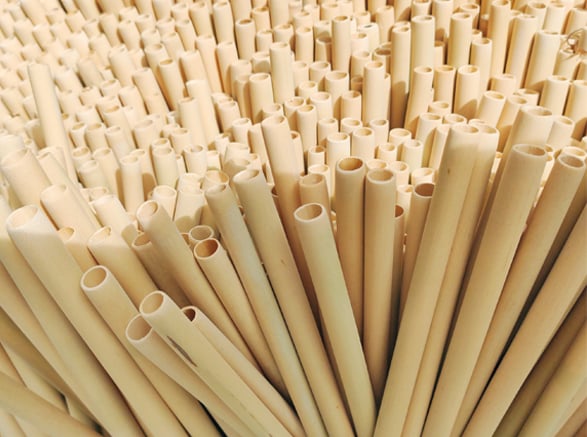
Vietnamese bamboo straws
Information from True Fruits Company (Ho Chi Minh City) shows that in 2020, this company has experimented with the production of bamboo straws to replace plastic straws. Although it is a new product, True Fruits' bamboo straws have received high volume orders from partners in Japan, South Africa and South America.
According to True Fruits’ customers, bamboo straws are becoming more popular in retail chains in these countries because it is an environmental friendly product. Moreover, almost all bamboo straws are safe because in order to be selected and used by the customer, the producer needs to have the wood origin (FSC) and even the FDA certificate. Faced with high demand from foreign markets, this year, True Fruits plans to expand its production capacity for bamboo straws export.
Apart from straws made from bamboo, Vietnamese straws made from other environmental friendly materials such as grey sedge, rice,... are also increasingly popular with foreign customers. More and more companies are investing to produce bamboo and grey sedge straws in large quantity to serve the domestic market and boost exportation. For example, with a production capacity of more than 15-20 million straws/month, Vietgrass is currently exporting bamboo and grey sedge straws to the US, Canada, Poland, Germany, Italy, Japan, and Korea. Taiwan, China, Thailand ... Particularly, regarding the grey sedge straw products, Vietgrass has exported more than 10 million grey sedge straws to many markets in Asia, Europe and America.
The production of environmental friendly straws in Vietnam is also attracting the attention of many investors. In July 2020, Ecolife, a startup from grey sedge straws products, received an investment of VND 20 billion from Shark Do Lien. This investment would be used by Ecolife for the construction of factories, raw material areas, import and export, market development of grass straws and environmental friendly products. Ecolife harbors an ambition to become the largest exporter of straws in Vietnam with a turnover of US$ 1 million and a minimum growth rate of 50% per year. Ecolife's grey sedge straws are now available in some markets such as the US, France, Canada, and Korea ... At the same time, Ecolife will also contribute to popularizing the use of grass straws in order to replace plastic straws in big cities and tourist cities in Vietnam.
The reason why many businesses offer deep investment in the grey sedge straws is that this type of straw can be used for a long time without dissolving or making the drink lose taste, whether hot or cold. According to Ecolife, the straws are selected from the root and the middle part of the grass, have the same diameter, pale yellow (or green), smooth, beautiful appearance, strong stems for good quality straws.
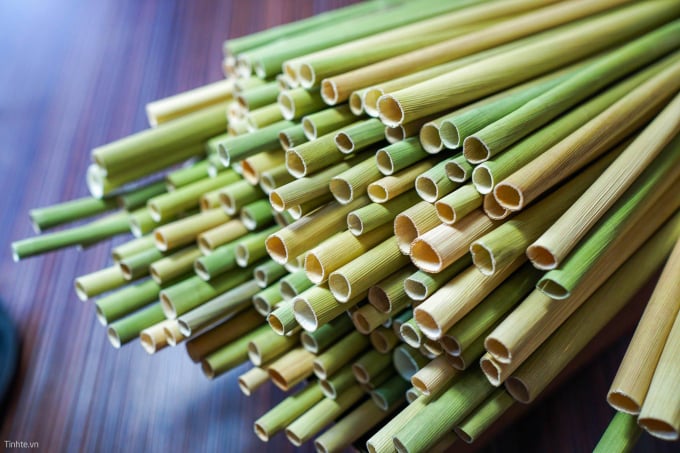
Grey sedge straws
At present, the production of straws made from grey sedge grass in Vietnam is mostly handmade, so it heavily depends on workers' productivity. Therefore, in order to produce in large quantity, in long-term, meeting the standards of importing countries..., apart from organizing the methodical factory construction, Ecolife and several other companies are coming into standardizing the production process, organizing training and guidance for workers.
The fact that many Vietnamese businesses invest in the production of bamboo and grey sedge straws also contributes to increasing income for Vietnamese farmers. Bamboo straws in Vietnam are mainly made from Phyllostachys - one of the most popular bamboo species in Vietnam. The grey sedge straw is made of a grass species with th science name of Lepironia articulata, which is naturally self-grown or grown in acidic, saline soils in Long An and some other provinces in the Cuu Long Delta.
Translated by Samuel Pham
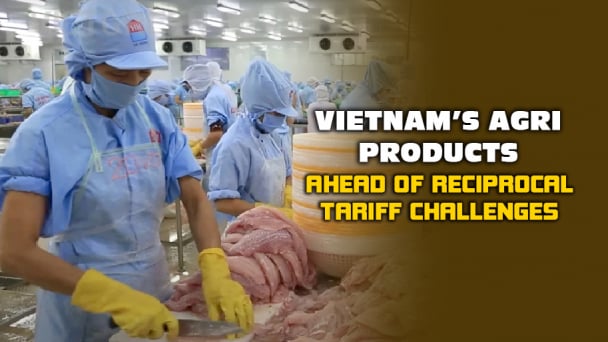
(VAN) Reciprocal tariffs are exerting pressure on U.S. exports, prompting Vietnamese firms to shift their focus to Muslim markets, Thailand, and Brazil.
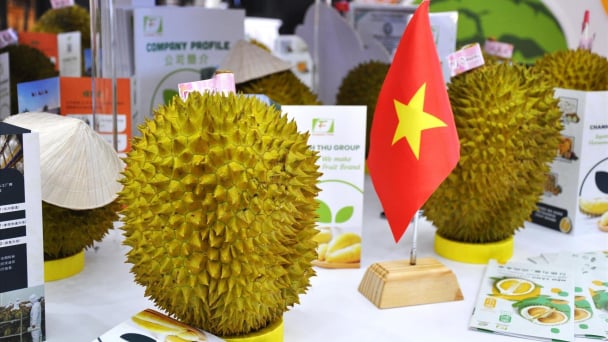
(VAN) A free booth for two years at Xinfadi, Beijing's largest wholesale market, will be allocated to Vietnam's agricultural products.
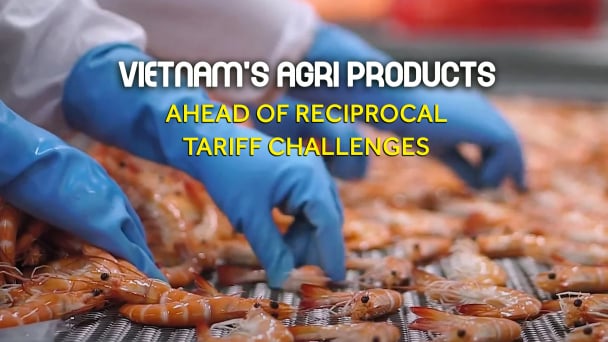
(VAN) Vietnamese shrimp exporters are actively looking for alternative markets and accelerating shipments to the United States in response to the pressure of impending reciprocal tariffs. This is occurring during a temporary tariff suspension.

(VAN) The import-export turnover between Vietnam and Singapore rose amid a trade rebound, with machinery, electrical equipment, and fuels making up the majority of the transaction value.

(VAN) Director General of the General Administration of Customs of China, Ms. Sun Mai Jun, has pledged to implement measures that will ease the import process for Vietnamese agricultural products.

(VAN) Although Vietnam is still increasing its coffee exports, the industry is currently in the process of determining market strategies in response to the U.S. imposition of reciprocal tariffs.

(VAN) With rising demand in Muslim-majority countries, Halal certification is becoming a critical passport for Vietnamese agricultural products seeking sustainable market access and consumer trust in the Middle East and Africa.